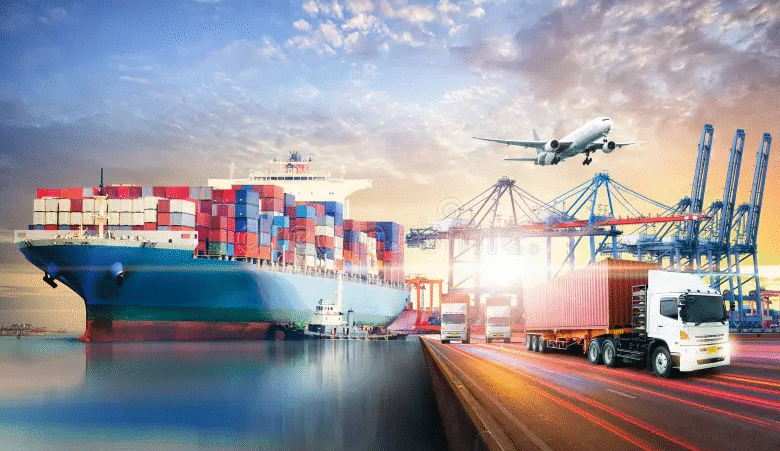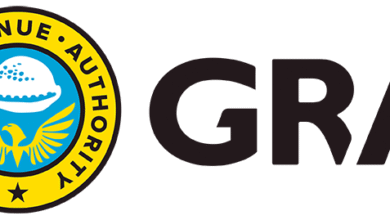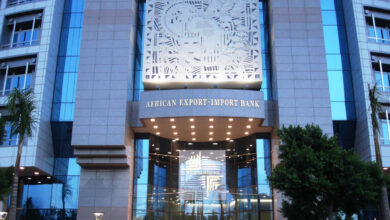Ghana’s Reserves Slip as Import Cover Falls to 4.5 Months in August

Ghana’s external buffers have seen a mild dip, with Gross International Reserves (GIR) declining from 4.8 months of import cover in June 2025 to 4.5 months in August 2025, according to the latest Bank of Ghana data.
The reserves, which stood at US$10.7 billion in August, remain relatively strong compared to recent years but highlight persistent pressures on Ghana’s balance of payments despite gains in exports. The country recorded a trade surplus of US$6.2 billion over the first eight months of 2025 driven largely by robust gold and cocoa receipts. Gold exports surged to US$12 billion, while cocoa exports reached US$2.7 billion.
Yet, the fall in import cover points to increased demand for foreign exchange to support imports and a moderation in external inflows, including remittances. Analysts say the shift underscores the delicate balance between Ghana’s improved trade performance and its financing needs for oil imports and non-oil imports, which together climbed to nearly US$9.9 billion during the period.
The current account also remained in surplus, posting US$3.4 billion in August, equivalent to 4.2 percent of GDP. Private inward transfers, including remittances, grew strongly to nearly US$3.9 billion, cushioning the economy. However, outflows through financial accounts, particularly portfolio investment liabilities continued to weigh on the reserves.
Market watchers note that Ghana’s external position has improved remarkably from the crisis years of 2022–2023, when reserves fell to barely 1.1 months of import cover, but the recent slippage serves as a caution. Sustaining reserves at healthy levels, they argue, will require disciplined fiscal management, continued export growth, and stronger inflows from foreign direct investment.
For households and businesses, the dip in import cover signals potential exchange rate pressures if the trend persists. Import-dependent sectors, such as manufacturing and retail, may face tighter access to foreign exchange, raising the risk of cost pass-through to consumers.
Ghana must leverage its current trade surpluses to diversify exports and invest in sectors that reduce reliance on imports. The dip in reserves is a reminder of how quickly external buffers can erode if demand-side pressures intensify.
With inflation moderating and the cedi still among the world’s best-performing currencies year-to-date, policymakers face a delicate task: balancing stability in the currency market while maintaining sufficient reserves to cushion the economy against external shocks.




